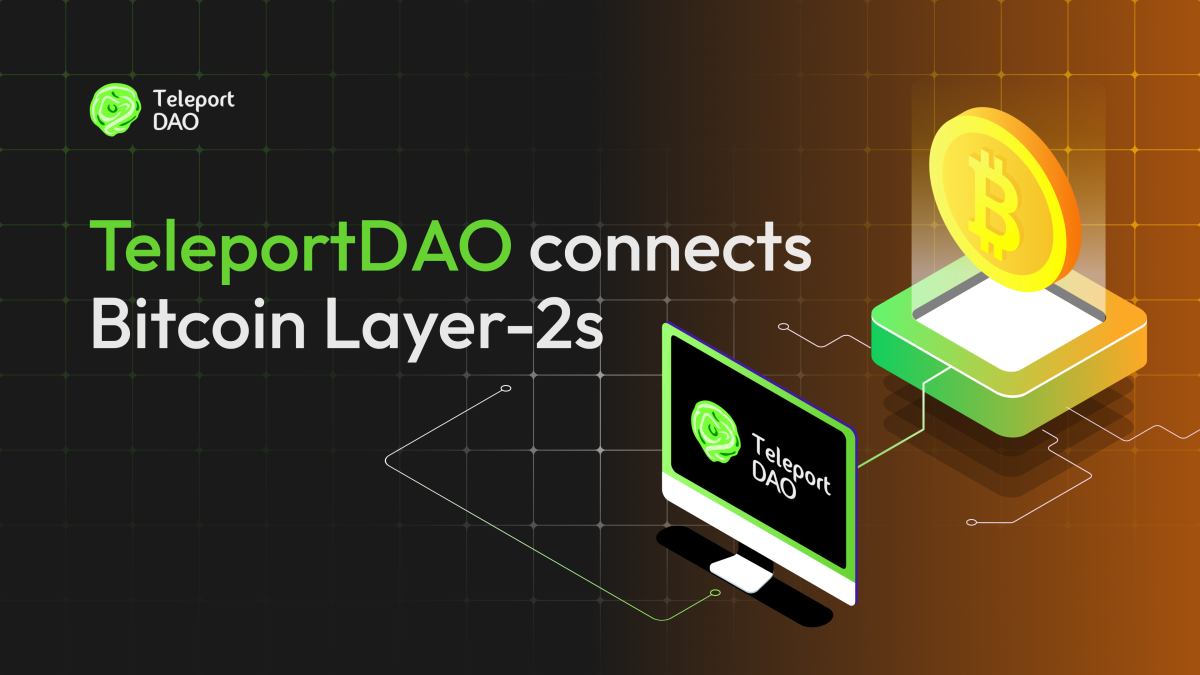Diva closes $3.5 million seed round for distributed liquid staking protocol

Quick Take
- With as little as 1 ETH participants can set up a node and begin to earn rewards on Diva’s decentralized liquid staking protocol.
- Diva’s platform is designed to act as an alternative that may potentially loosen the grip of a relatively centralized group of validation pools currently dominating the Ethereum network.

A handful of protocols and exchanges currently dominate the Ethereum staking scene. Diva recently closed a $3.5 million seed round led by A&T Capital to change that, with plans to build out a cooperative decentralizing staking pool.
“Diva is an ultra-light client connecting to existing Ethereum execution and consensus clients via standard APIs,” CEO Pablo Villalba told The Block in an interview.
“Stakers can stake any amount of ETH with no minimum, and don't need to run any nodes. A standard web3 wallet is enough” said Villalba. Those who wish to operate a node on Diva and earn rewards may do so with as little as 1 ETH, and the protocol works with any system that meets the minimum requirements to run a full Ethereum node.
A collaborative network for passive rewards
In return for staking ETH on Diva, participants receive a one-to-one ratio of divETH, a freely tradable liquid asset. Any divETH rewards received by stakers accrue in wallets on a daily basis. DivETH can be unstaked and redeemed for ETH, again at a one-to-one ratio, at any time following the March 2023 Capella update, according to Diva.
The protocol is built to offer rewards to both passive stakers as well as full-time node operators, where “rewards will be socialized across the entire network to achieve smooth and predictable reward rates,” said Villalba.
Nodes on Diva collaborate together by posting a bond of 1 ETH to form groups. Each group of 16 nodes is matched up against 16 ETH from various stakers on the network, together forming a full validation node.
Lower thresholds to counter centralization
Eduard Antuña, founder of the open source Ethereum validator protocol Dappnode, first proposed the idea of Distributed Validator Technology (DVT) — which was to become the basis for Diva — at the ETHDenver conference, last year.
“He saw how the cost was prohibitive to many, and thought to make a ‘decentralized staking pool’ where nodes would validate for each other cooperatively, instead of in their own silos,” said Villalba.
The high threshold of 32 ETH to set up a validator node on Ethereum is a cost point that excludes many network participants operating nodes of their own. Given that, staking protocols remain largely presided over by organizations such as Lido, where validator keys are in the control of a minority group of whitelisted node operators, and centralized exchanges such as Binance, Kraken and Coinbase that fully control funds and validator keys.
The growth of such platforms erodes the values of decentralization that are core to the Ethereum blockchain, said Diva.
“We truly believe that we won't see real decentralization until we solve the validator problem. Diva is our proposal to the community effort to solve that,” said Villalba.
Concerned by issues of censorship and the power of single parties over the custody of validator keys, and noting the rise of OFAC compliance-driven censorship on Ethereum, Diva’s team worked with Antuña to build a prototype at ETHLisbon’s hackathon, said Villalba.
Turned down by Lido
When presented with the opportunity to integrate the protocol, major staking provider Lido declined.
“Initially we offered Lido a deep partnership, offering our tech to power the heart of a Lido v2 built purely on DVT,” said Villalba. Lido, he pointed out, “has billions in TVL managed by only 30 trusted parties who could easily collude.”
The collaboration might have had “a significant impact on the ecosystem by dissolving Lido's permissioned islands,” said Villalba.
But Villalba said that Lido’s team “remained skeptical” of Diva's model, arguing instead that staking should be professionally managed at Devcon Bogotá. The announcement was to be met with criticism from some members of the community.
Inspired to compete
Spurred on by a passion to decentralize the staking ecosystem and with a solid MVP in hand, “we decided to compete face to face,” said Villalba.
“We had to come up with an economic system for a P2P network of nodes that would coordinate to act in the interest of the whole community,” said Villalba. “For this, we designed a rewards and penalties system in our own subnetwork of Ethereum nodes, where stakers can provide passive yield and node operators are rewarded for their work.”
Diva found backing with a $3.5 million seed round led by A&T Capital, with support from other investors including Gnosis, Bankless, OKX Ventures, Metaweb, DCV Capital, Alphemy Capital, Very Early Ventures and Staked.vc. Additional angel investors behind projects such as Metacartel, Aave, Staking Rewards, zkEVM, ZKValidator, EthGlobal, EigenLayer, Aragon, Stakely and many more also joined in.
Diva is set to go live late January 2023.
Lido did not immediately respond to The Block’s request for comment.
Correction: This story has been updated to correct Staked.vc's name.
© 2023 The Block. All Rights Reserved. This article is provided for informational purposes only. It is not offered or intended to be used as legal, tax, investment, financial, or other advice.

